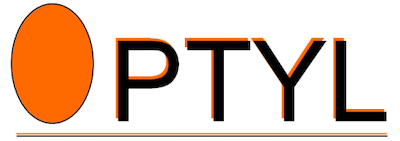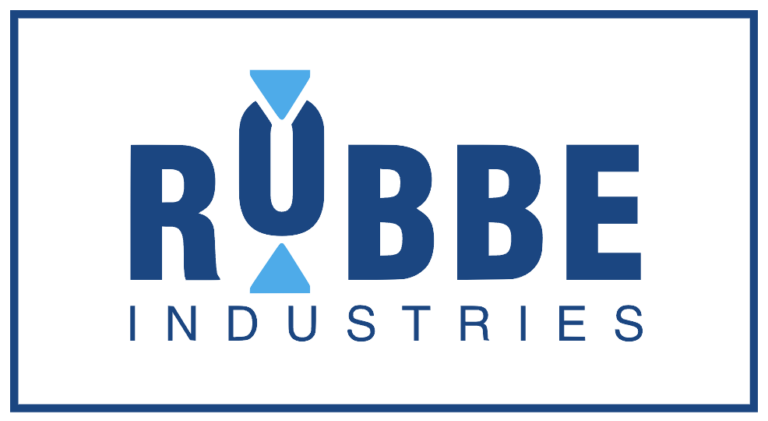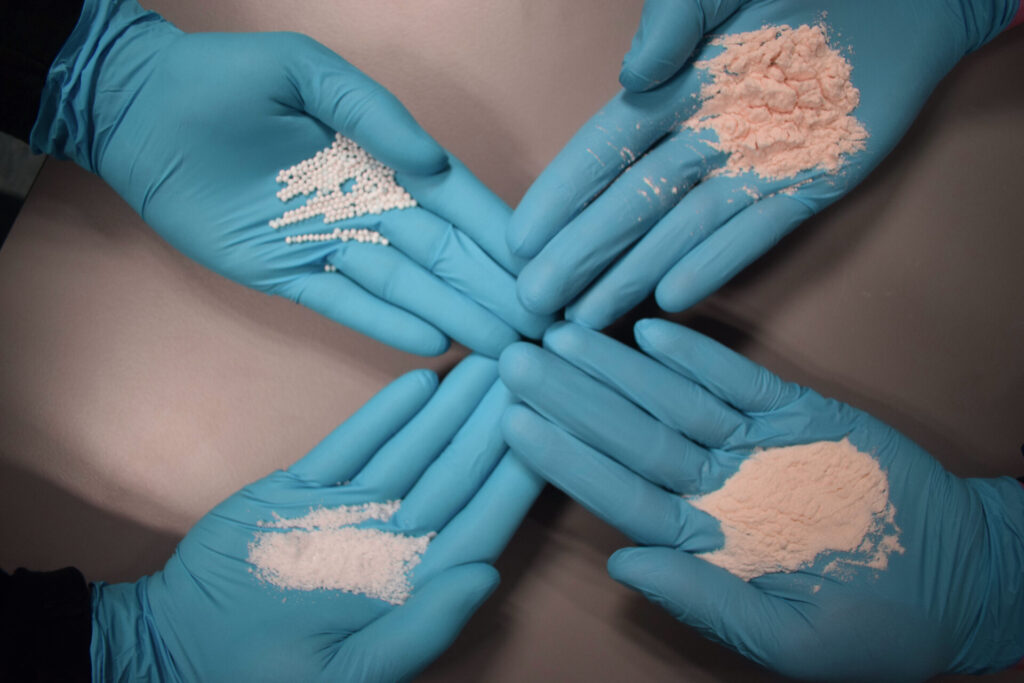De industrie agenda met alle technische beurzen, webinars, en cursussen in de industriële automatisering, machinebouw, en procesindustrie.
september 2025


oktober 2025





november 2025









 Hannover
Hannover Worzeldorf
Worzeldorf Winchester
Winchester Rotterdam
Rotterdam Rotterdam
RotterdamMis, net als 10000+ andere lezers, niets meer van de (technische) ontwikkelingen binnen de stortgoed-verwerkende industrie.
Door je aan te melden voor onze lijst, ga je akkoord met onze voorwaarden . We versturen maandelijks twee nieuwsbrieven, de maandelijkse E-Update (iedere laatste dinsdag van de maand) met algemene updates uit de branche en één E-Product nieuwsbrief (iedere tweede dinsdag van de maand) die gericht is op een bepaalde technologie.






Wij voorzien industriële professionals sinds 2010 van de laatste innovaties, praktijkcases en de meest uitgebreide aankoopgids op het gebied van stort- en bulkgoed handling.
Een
website
 Hannover
Hannover Worzeldorf
Worzeldorf Winchester
Winchester© BulkTech2025

Door je aan te melden voor onze lijst, ga je akkoord met onze voorwaarden . We versturen maandelijks twee nieuwsbrieven, de maandelijkse E-Update (iedere laatste dinsdag van de maand) met algemene updates uit de branche en één E-Product nieuwsbrief (iedere tweede dinsdag van de maand) die gericht is op een bepaalde technologie.